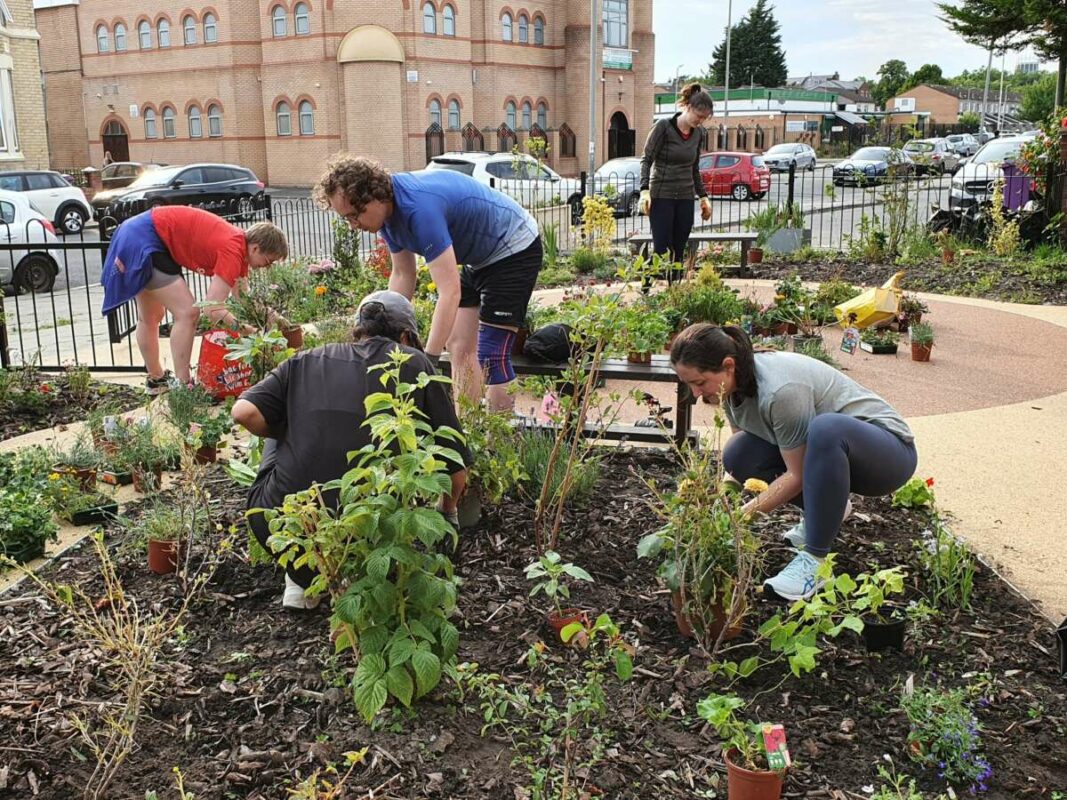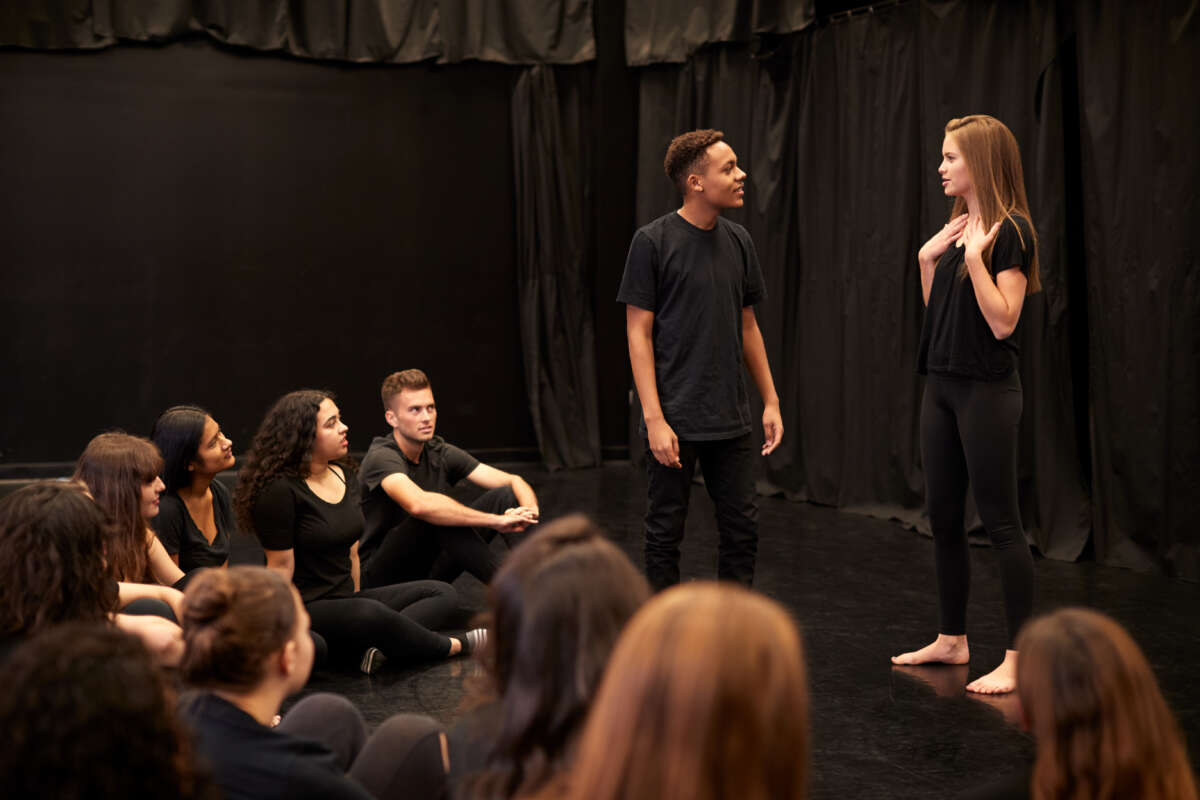Saphena Aziz, Director of Inclusion and Workforce Development at Curious Minds, reflects on the value of arts education in countering hate.
In today’s hyper-connected world, algorithms, commentators and some sections of the media act as polarising forces; supercharging division and stirring up outrage.
Our universal and compulsory state education system, for all its flaws, remains our best tool to interrupt these narratives and change the direction of travel. Yet one of the most effective vehicles for doing so – the arts – is itself under attack.
I often wonder whether arts subjects being cut in schools and higher education serves a deeper purpose. I’m no conspiracy theorist but I can’t help pondering why anyone would want to curtail the values and skills so intrinsic to creativity – such as independence of thought, desire for deeper meaning and an ability to see things from new perspectives.
To me it feels rooted in an ideology that prioritises certain forms of knowledge over others. From book banning in the USA (I can’t believe I’m actually writing that!) to a British Secretary of State for Education announcing funding cuts to Creative Arts courses at English universities. For me, both are acts of wilful blindness; a deliberate avoidance of the facts in order to make politically convenient decisions.
So … I am going to try to render those facts starkly visible in this brief article. Mark Twain said: “Travel is fatal to prejudice, bigotry, and narrow-mindedness …” I would swap the word ‘travel’ (with apologies to Mr Twain) for ‘The Arts’. But the sentiment and point remain the same. What exactly are the essential by-products of a high-quality arts education that should benurtured in our young people as part of a prescription against hate? After all, they will soon become our next generation of law makers, politicians, journalists, scientists, creatives, activists, business leaders and parents – shaping society for the generation that follows in their wake.
1. Empathy
Empathy is the most essential ingredient in our antidote to hate. It’s a bold statement, I know, but if we can agree that hate is learned by both verbal and non-verbal messaging, then it can be unlearned. The ability to understand and share the feelings of others is a vital skill and first step for personal and social development. The arts can have a profound effect on dismantling the fear, ignorance and prejudice that are the roots of hatred.
Drama, for example, allows students to step into the shoes of different characters. By taking on various roles, students gain insights into different life experiences, conflict resolution, and develop empathy for the challenges and struggles faced by others – maybe even their peers from a different culture and those who have newly arrived in the country.
By reading and analysing literature, students are exposed to diverse authors, characters, narratives and themes. Through critical discussion and reflection, students can gain a deeper understanding of various social, cultural, and emotional experiences, enhancing their ability to empathise with others.
In visual arts, the artist can often create a painting, drawing, photograph or sculpture that causes a visceral response in the viewer. Through techniques such as composition, colour and subject matter, artists can manipulate the students’ emotional reactions and invite them to connect with the experiences depicted in the artwork. By exploring different art styles, techniques, and themes, students gain insights into the values, beliefs, and customs of diverse communities. Dance can help to embody and express empathy, and music has a unique ability to transcend cultural barriers and differences; fostering respect, appreciation, and acceptance of different cultures.
2. Compassion
Compassion is the next constituent of the anti-hate remedy. When compassion is ignited by empathy it can quickly turn emotions and feelings into action, to improve situations and alleviate distress. Students can become compassionate agents of change in their communities – whether that community is in school, where they live, or further afield. Look at the beautiful work of the young Khan Odita from my home city of Liverpool, now 17, who created a community garden in Toxteth which would boost pride in the area and create community cohesion. He has since written two children’s books on the subjects of being different, sharing problems and bullying which will be included in literacy packages in both local and international schools. He is now 16 and is a brilliant example of compassion through action and creativity.
3. Critical thinking
Critical thinking is ingredient number three. In arts education it plays a vital role in combating hate by equipping students with the analytical, reflective and creative skills needed to challenge hateful speech, false narratives and misinformation – which are so prevalent within all forms of media – and instead to promote inclusive and positive narratives. By developing essential analytical skills, promoting questioning and curiosity, encouraging innovative thinking and self-reflection, students can contribute to the development of a more tolerant, understanding, and compassionate society.
And finally …
Arts education cultivates more than just the ability to make art or perform. It is so much more than a pleasant pastime. It builds critical thinking, enhances empathy coupled with compassionate action, and fosters emotional intelligence and creative problem-solving. These are the very values that seem inconvenient to those who wish to maintain status quo power dynamics and continue to divide us. By nurturing independent thinking and emotional depth, the arts encourages questioning and innovating – traits that might seem threatening to established norms and powers.
When people genuinely understand the experiences and emotions of others, the irrational basis of their fear and prejudice can be called into question and often dissolve. A more tolerant, inclusive, and supportive environment is the natural endpoint, where hate has no place to thrive.
Children and young people are better humans than certain sections of the media would like us to believe. There are many challenges ahead of us, such as the climate crisis, migration, race, gender and disability rights, an aging population, the impact of AI, income inequality, mental health, and more – all of which need creative solutions.
A united youth culture can be something to behold – a powerful force for good. If our young people remain undivided, are able to talk across the political divide, to agree to disagree, to live together full of empathy, kindness, compassion and understanding then, in the words of the late great singer Sam Cooke, ‘What a wonderful world this would be.’
To hear more about the arts as a weapon against hate, listen to Andreas Schleicher, Director of Education and Skills at the OECD, speaking to CLA about just why the arts matter so much in advancing compassion and empathy.

Planting session at Mulgrave Street Community Garden in Toxteth, created by Khan Odita.




